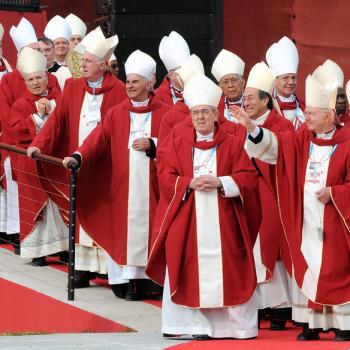I enjoy reading scholars defending their theories after they have been proven wrong. In 1989, Francis Fukuyama wrote a provocative essay entitled “The End of History.” Written at a time when communism was collapsing, Fukuyama argued that democracy and free market economics have won. There are no alternatives. That means that the conflicts that have defined history are over. We will now live happily ever after.
In this column, Fukuyama (who is a real scholar with a conservative bent) revisits his thesis in light of the new Russian aggression, the persistance of anti-democratic rule in places like China, and the new host of international conflicts. He insists that his point is still valid in that there are no IDEOLOGICAL competitors to democracy and capitalism.
He does mention Islam and nationalism, but I think he underestimates the former as an all-encompassing totalitarian ideology. And I think he misses what China may be creating: A synthesis of totalitarianism and capitalism that may well crystalize into a new ideology. (It will be similar to National Socialism, which we have seen before.)















